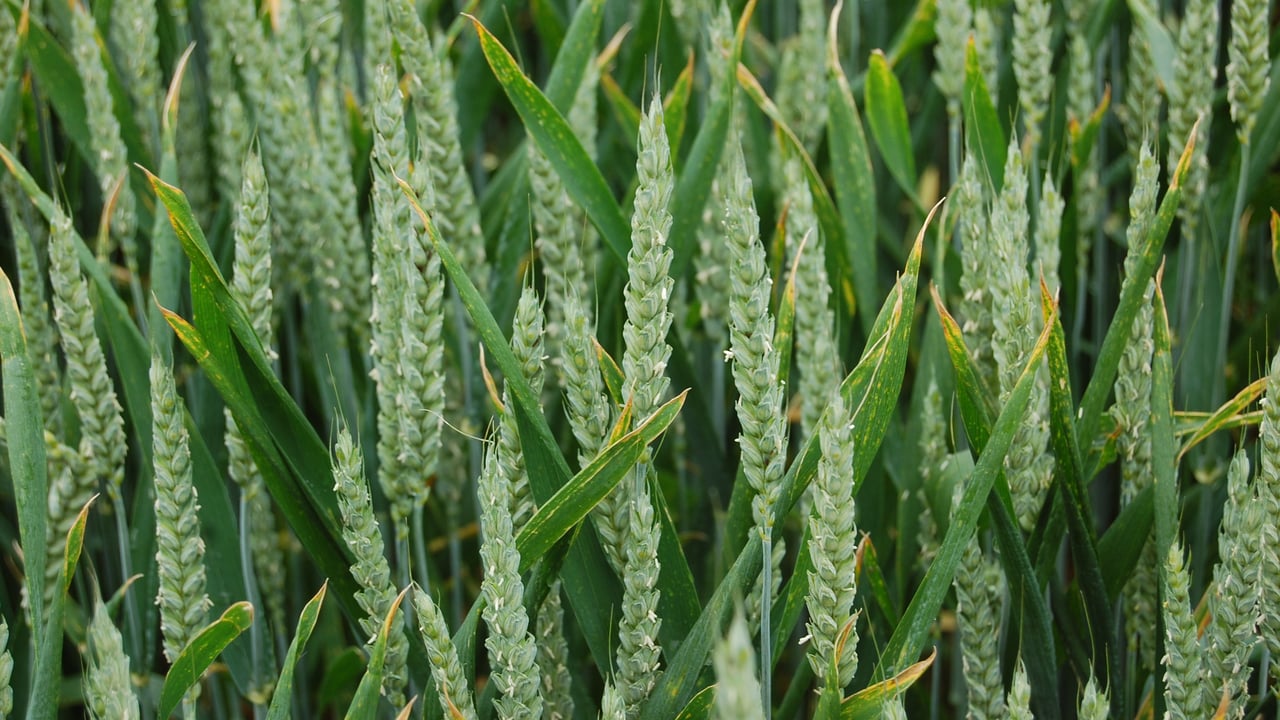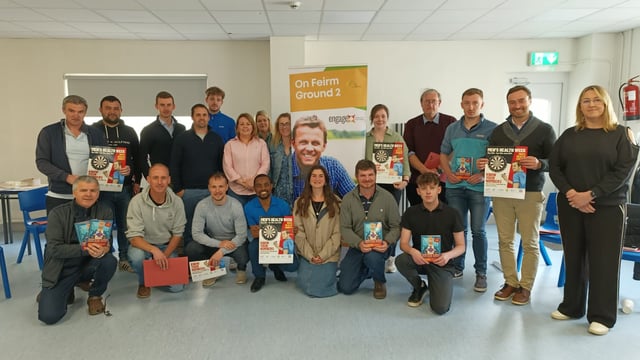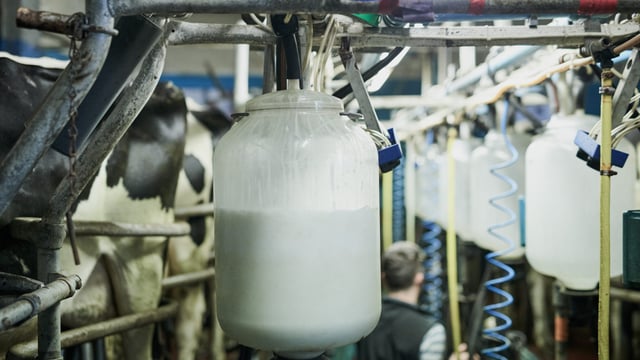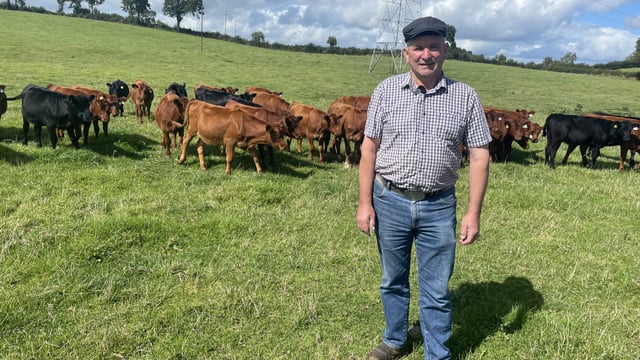Trials give farmers independent data on biofungicide performance
Independent data on biofungicide performance in crop protection programmes will be available to farmers, as a result of a series of pilot trials funded by the Agriculture and Horticulture Development Board (AHDB).
The replicated field trials will test the effectiveness of biofungicides against septoria tritici in winter wheat over two cropping years (2025/2026 and 2026/2027).
According to the board, a consortium with a track record of delivering trusted, independent research to support effective crop disease management has been appointed to lead the research.
Biofungicide
Biofungicides, which are a type of biopesticide, are regulated as plant protection products. They are used most frequently in high-value horticultural markets.
The pilot trials will generate evidence to maximise their performance in disease management programmes for cereals.
AHDB lead crop protection scientist Sacha White said: “Biofungicides have good potential for the arable sector, but their biological nature means they need particularly careful integration within crop protection programmes.
"Additionally, biopesticide activity is often established in controlled environments.
“This work will specifically examine evidence of efficacy in field conditions, where numerous factors can impact their performance, such as weather, disease progression and the wider spray programme.”
The pilot trials will focus on septoria tritici control due to the economic importance of this disease in UK winter wheat, the availability of biofungicide products with disease-management potential and the relatively high number of preliminary research findings.
Biofungicides will be tested in line with the manufacturer’s recommendations on two varieties with different levels of resistance to septoria tritici (a moderately resistant and susceptible variety), as part of conventional winter wheat fungicide programmes.
By varying conventional fungicide dose, the trials will help reveal the point at which biofungicides start to contribute to disease control and yield gains.
The consortium, which includes SRUC (Scotland’s Rural College), ADAS and Niab, already manages an extensive network of efficacy trials, as part of AHDB’s long-term fungicide performance programme and has strong connections with the agrochemical industry.
By working closely with the agrochemical industry, the most promising pre-commercial products will be identified and tested, according to the AHDB.
This will prime the release of product information soon after the appropriate authorisations for use have been secured.
Results will be communicated throughout the project including the provision of updates at the annual AHDB Agronomy Conference scheduled for December 9, 2025.











